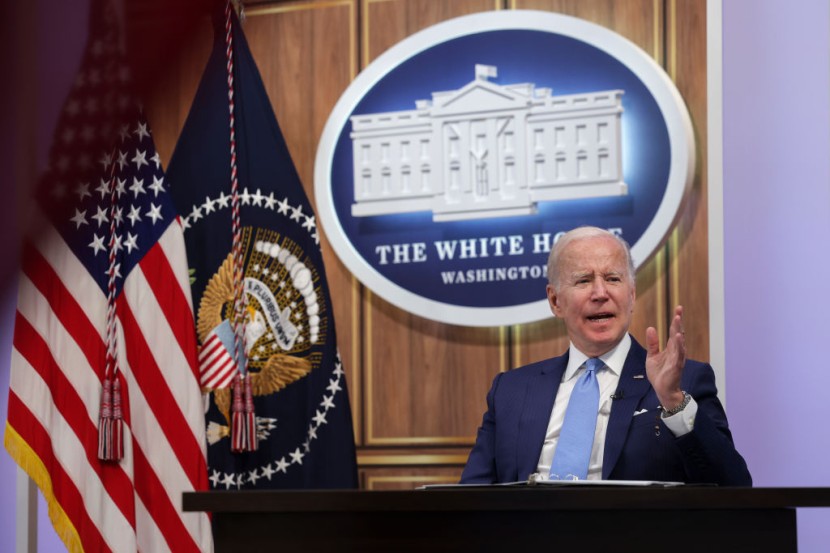
United States President Joe Biden's administration on Wednesday announced that it would continue to pursue negotiations to strengthen trade and technology ties with Taiwan amid China's continuing military pressure.
The move is aimed at countering China's expanding influence in the Asia-Pacific region and one that is likely to result in criticism from Beijing. The announcement followed the Biden administration's efforts to build an Asia-Pacific economic bloc that will be known as the Indo-Pacific Economic Framework which includes 13 countries and excludes Taiwan.
US, Taiwan Trade Initiative
For a long time, China has asserted that the island, a self-governing democracy that is critical to global technology supply chains, was an incontestable part of its territory. However, Taiwan expressed interest in becoming a full member of the Indo-Pacific framework, with many participating countries deeming the prospect too controversial.
The discussions with Taiwan are expected to cover many of the same issues as the framework, such as digital trade ways to reduce red tape for importers and exporters. American officials said that the talks, the first of which will be held in Washington at the end of June, would focus on a variety of issues, such as opening up trade in agriculture and aligning technological standards, as per the New York Times.
Several topics of the discussions are clearly aimed at addressing mutual complaints about China's trade practices in the region. American officials said that they would continue to work with Taiwan to eliminate forced labor in global supply chains and develop provisions to compete with non-market practices from state-owned enterprises.
The negotiations between the U.S. and Taiwan will happen along two tracks, with the United States trade representative handling trade issues and the Commerce Department in charge of technology and investment. This includes coordination on export controls and measures to secure semiconductor supply chains.
According to CNN, the new initiative is called the U.S.-Taiwan Initiative on 21st Century Trade and marks the official launch of trade negotiations between the two countries. It is seen to be a precursor to signing a free trade agreement, Taiwan's trade representative John Deng said during a news conference on Wednesday.
China's Military Pressure
The entirety of the initiative will cover 11 key areas: trade facilitation, regulatory practices, agriculture, anti-corruption, supporting small- and medium-sized enterprises, digital trade, labor rights, the environment, standards, state-owned enterprises, and non-market practices and policies.
In a statement, the Office of the United States Trade Representative said that a key goal of the initiative is to "develop an ambitious roadmap for negotiations for reaching agreements with high-standard commitment and economically meaningful outcomes."
The situation comes as on Tuesday, U.S. Sen. Tammy Duckworth reiterated America's support for Taiwan during her second visit in a year to the island. Duckworth met with Taiwanese President Tsai Ing-wen and emphasized the close economic, political, and security relations between Taipei and Washington.
It also comes after China sent 30 military aircraft toward the self-governing island on Monday in an ongoing campaign of regular flights. Taiwan's Defense Ministry said it responded by scrambling jets, putting air defense systems on alert, and issuing radio warnings against invading planes, the Military Times reported.
Related Article:








